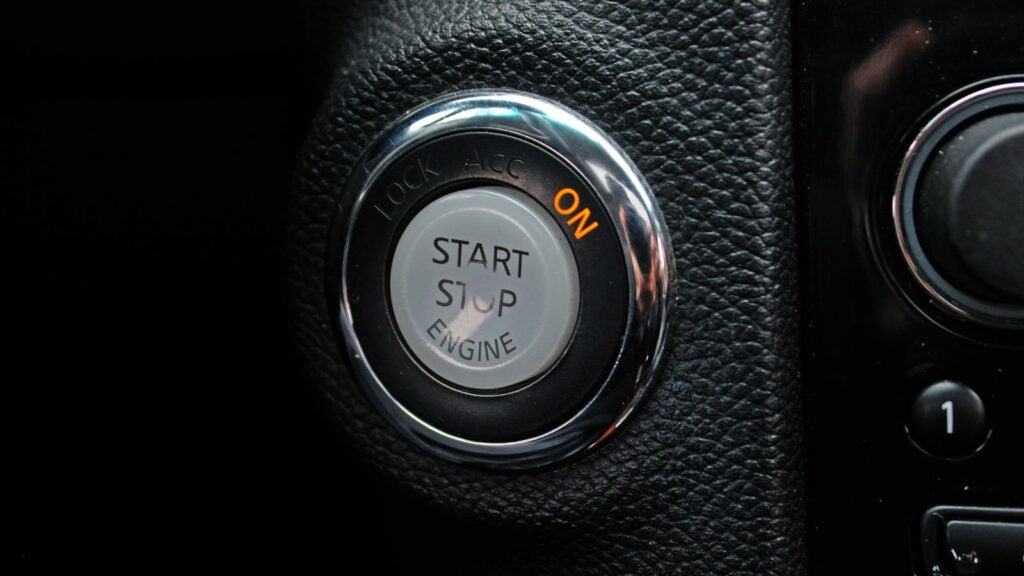Modern cars are loaded with technology, safety systems, and luxury features that our grandparents could never have imagined. Yet, in the pursuit of innovation, automakers have also brought us a host of irritations that simply did not exist in the past. From over-complication to needless gimmicks, here are twenty modern car traits that frustrate drivers — with some real-world examples along the way.
Overly Complicated Infotainment Systems

A couple of decades ago, adjusting the fan speed or finding a new radio station was an effortless turn of a knob, push of a button, done. Now, models like the Volkswagen ID.4 or Tesla Model 3 put even basic heating controls inside touch menus. On the move, hunting for the “defrost” icon feels more like navigating a smartphone app than driving a car. The loss of simple, tactile controls has left many drivers longing for the straightforward dashboards of the 1990s Honda Accord or Toyota Camry.
Keyless Fob Battery Anxiety

Push-button start and keyless entry seem futuristic until the fob’s coin battery dies at an airport parking lot. Modern Ford and BMW owners know the drill — find the hidden mechanical key in the fob, open the door, and then locate the “secret” start spot in the cabin. In the days of a metal key, you never had to remember how to “emergency start” your car like it was part of a spy movie.
Fake Engine Noise

Cars like the Ford Mustang EcoBoost and BMW M5 now use speakers to pump in fake exhaust notes. This is meant to “enhance the driving experience,” but to purists, it is as authentic as adding roaring crowd noises to your home treadmill. Cars used to earn their soundtrack, think of the deep rumble of a 1969 Dodge Charger, without electronic trickery.
Lane Keep Assist Overkill

On paper, lane keeping systems are there to keep you safe. In practice, some — like those in certain Toyota and Honda models — aggressively tug at the wheel if you stray toward the lane lines, even when you are dodging debris. In older cars, a human driver’s judgment was the only correction needed.
Overzealous Auto Stop-Start
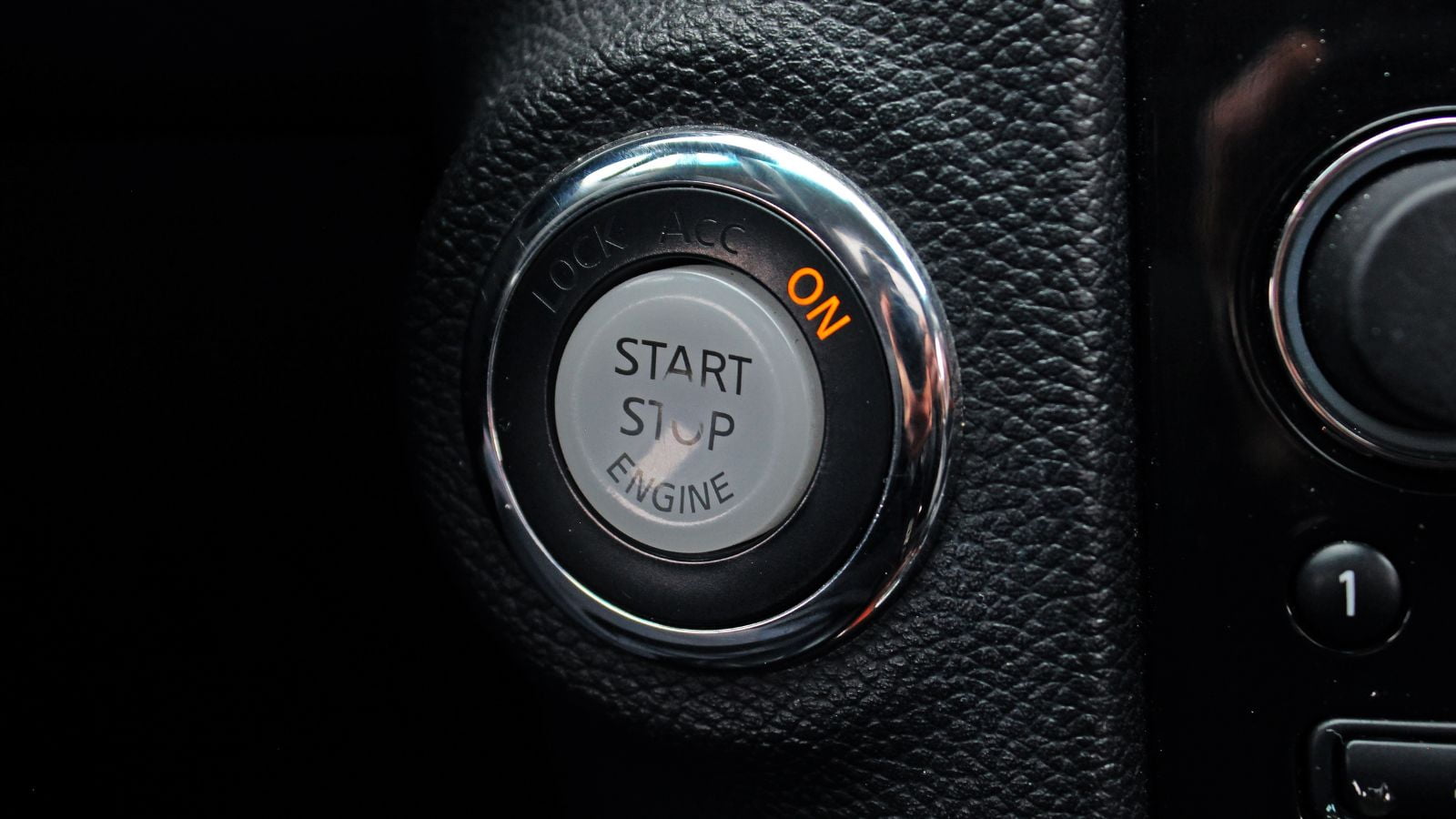
Auto stop-start aims to save fuel, but in cars like the Jeep Wrangler and Ford F-150, it can restart the engine with an unrefined shudder that makes the entire cabin shake. Many drivers turn it off immediately, but automakers often reset the system every time the car is restarted, so you get to play the “disable it” game daily.
Subscription-Based Features

BMW made headlines when it started charging monthly fees for heated seats in some markets. Mercedes-Benz has locked performance upgrades behind paywalls. It is a slippery slope from buying a car to feeling like you are renting its features. In the 1980s and 90s, you bought the trim you wanted and that was it — no credit card needed to “unlock” a warm seat in January.
Oversized Touchscreens
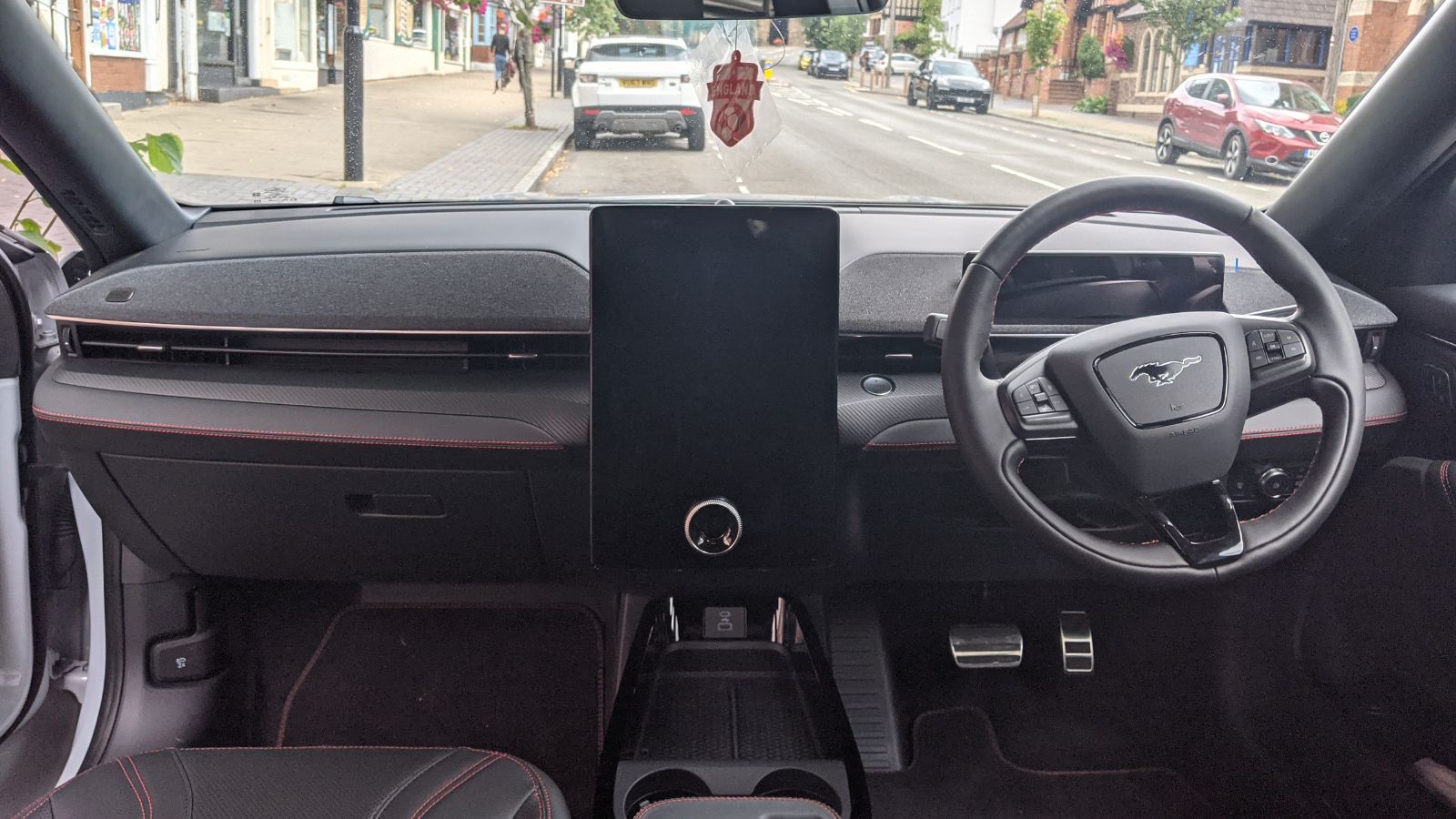
Cars like the Ford Mustang Mach-E or the new Toyota Prius now feature massive vertical displays that dominate the dash. While they look modern, they create glare, attract fingerprints, and require more time looking away from the road. In the pre-touchscreen days, you could adjust the fan without ever taking your eyes off traffic.
Fake Exhaust Tips

The Mercedes-Benz GLC and various Audi models sport huge chrome exhaust cutouts — yet the real pipes hide behind them like embarrassed children. Older performance cars such as the Pontiac GTO or Ford Mustang GT never felt the need to fake their tailpipes.
Overly Sensitive Parking Sensors
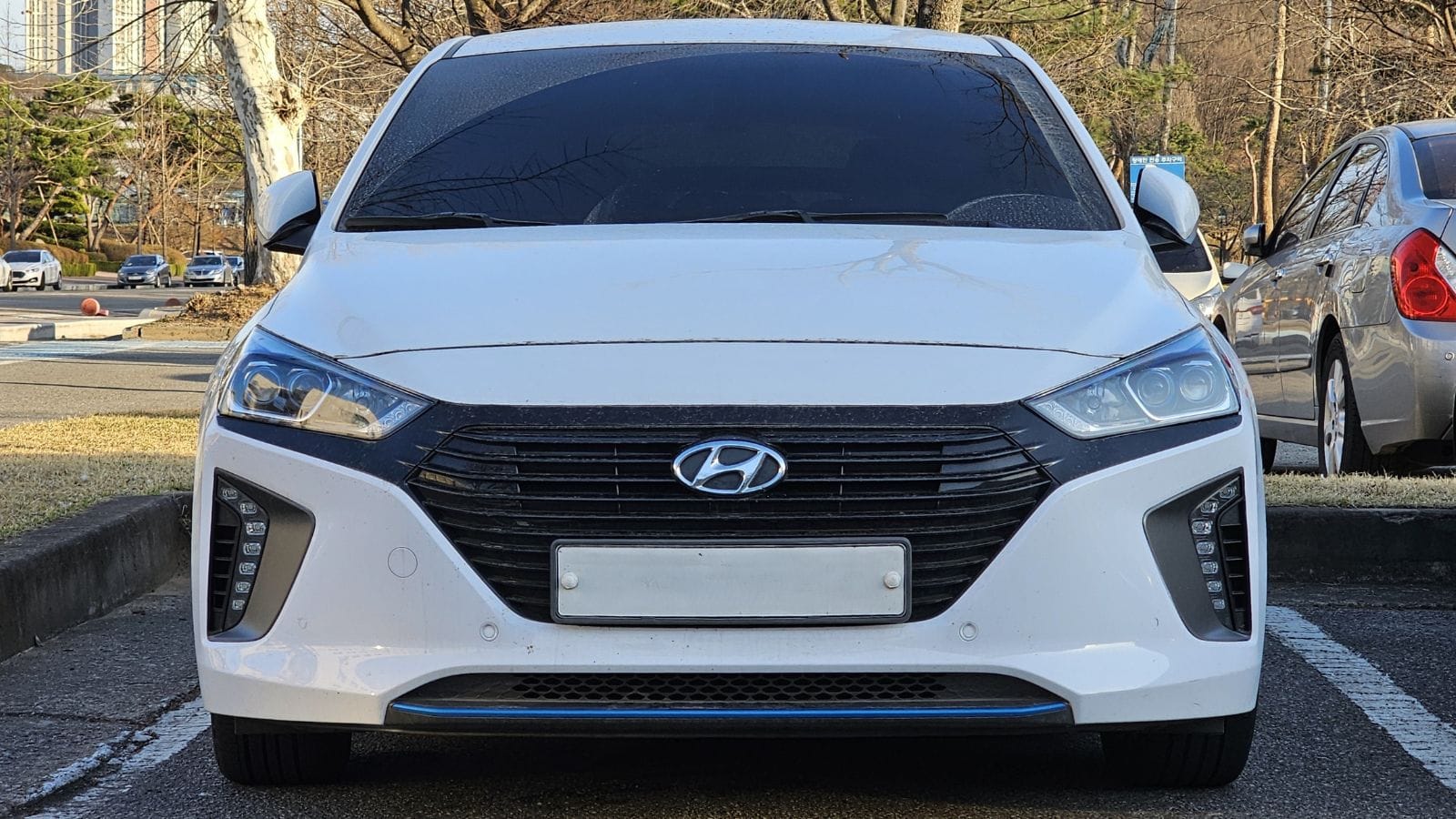
Some systems trigger alerts if a leaf blows past the bumper. Modern Hyundai and Subaru models can be especially jumpy in tight urban spaces. While sensors are useful, the endless false alarms turn what should be a helpful system into background noise.
Beeping Seatbelt Reminders for Passengers’ Bags

Load your groceries into the front seat of a modern Chevrolet and you might get a seatbelt warning chime that will not quit. It is a great feature for safety, but it seems over-engineered when you have to buckle in a watermelon.
Complex Gear Selectors
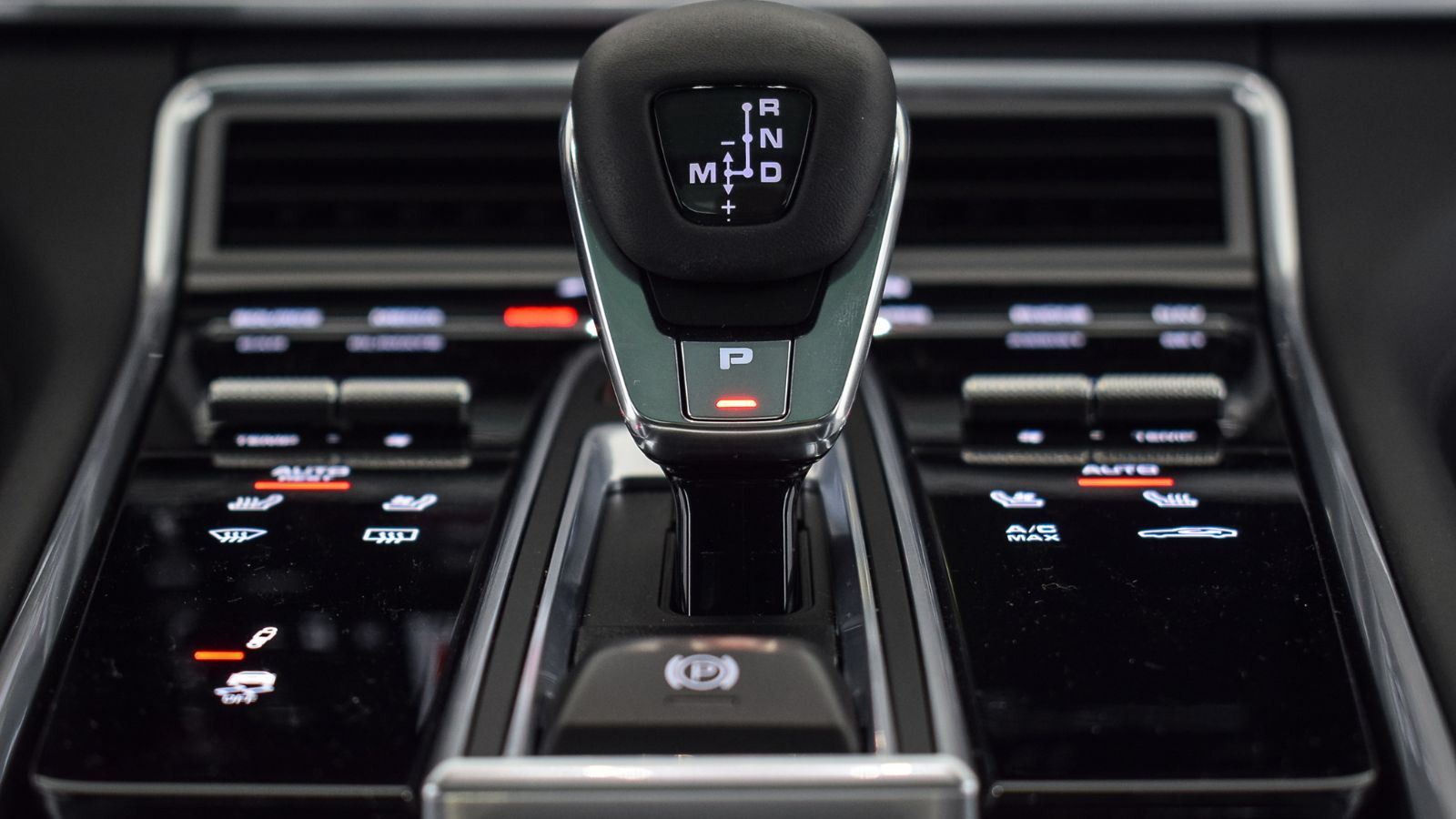
The 2016–2022 Honda Pilot replaced its simple shifter with push buttons, and some Chrysler models use rotary dials. While sleek, these designs can slow you down when trying to quickly shift between reverse and drive, especially during parallel parking.
Too Many Drive Modes
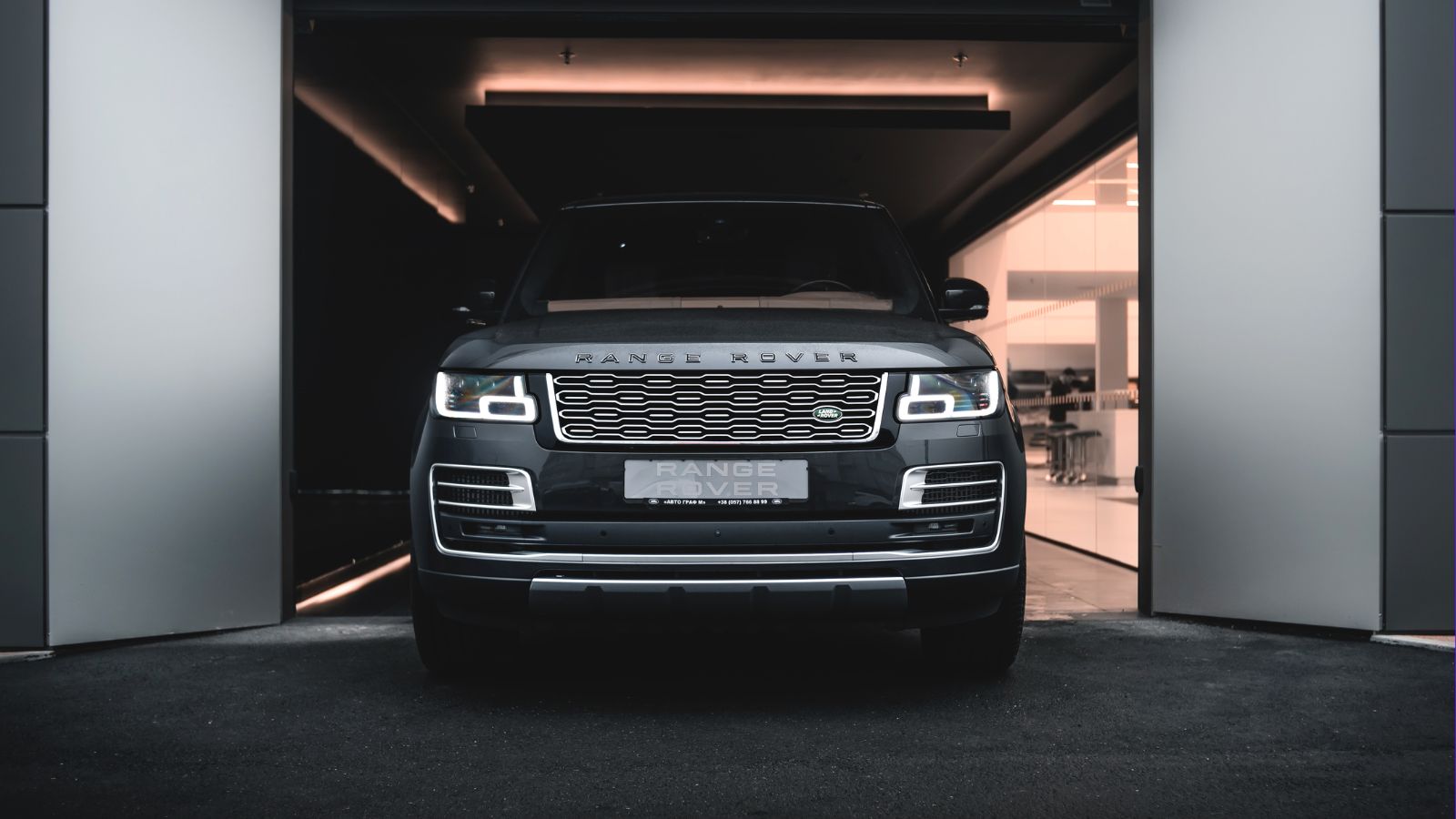
Cars like the Land Rover Defender offer a drive mode for every imaginable condition, from grass to mud to sand. But for most owners, 90 percent of the time the car stays in “auto” mode. Older vehicles simply worked well without a digital menu of terrain settings.
Cheap Feeling Plastic Trim
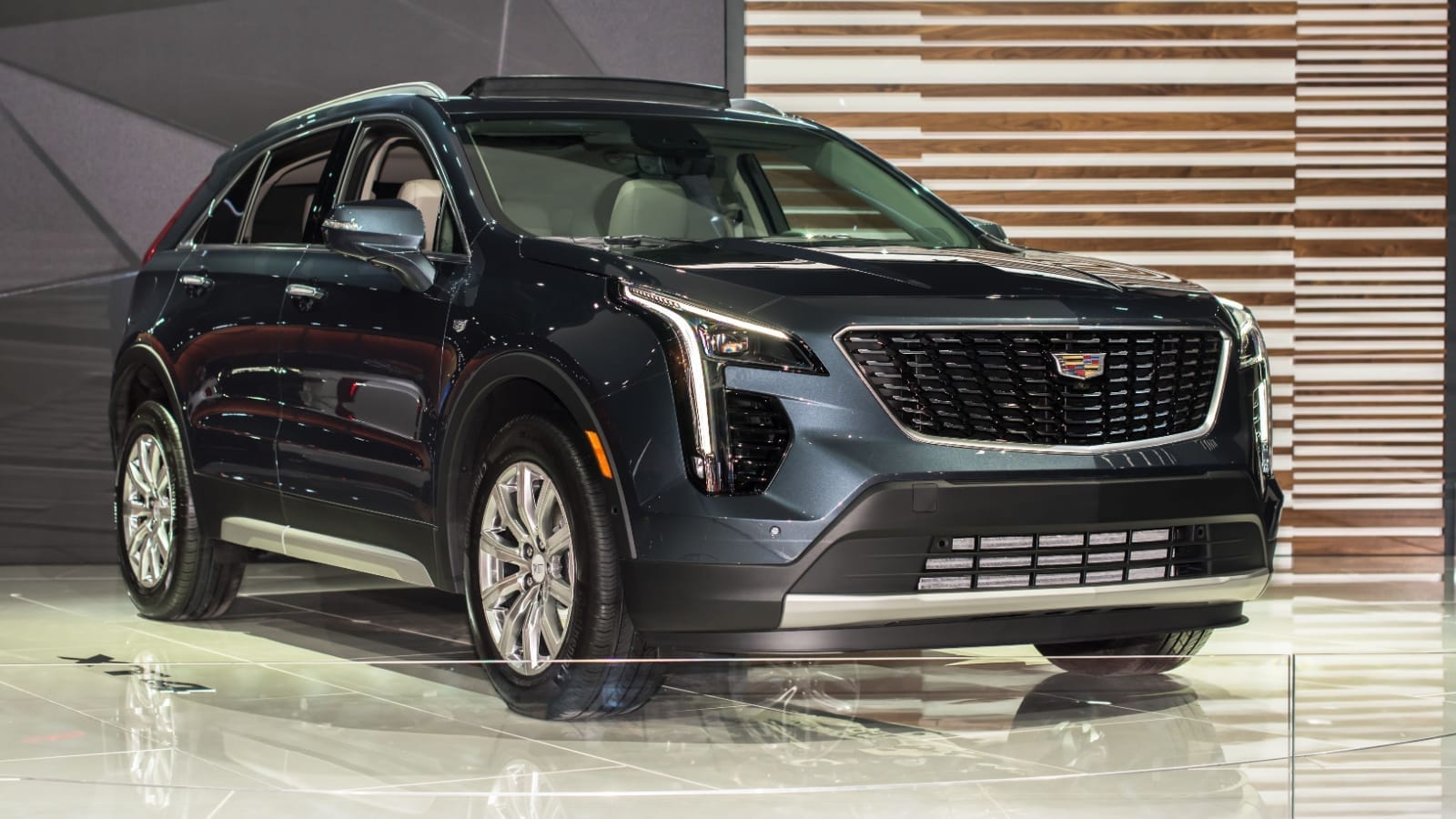
Even cars costing over $50,000, like some Cadillac and Lincoln models, now hide cost savings with hard plastics in places you touch daily. Compare that to the thick, soft vinyl and real metal switchgear in something like a 1970s Mercedes S-Class and you will see why many miss the old approach.
Glare from LED Instrument Clusters
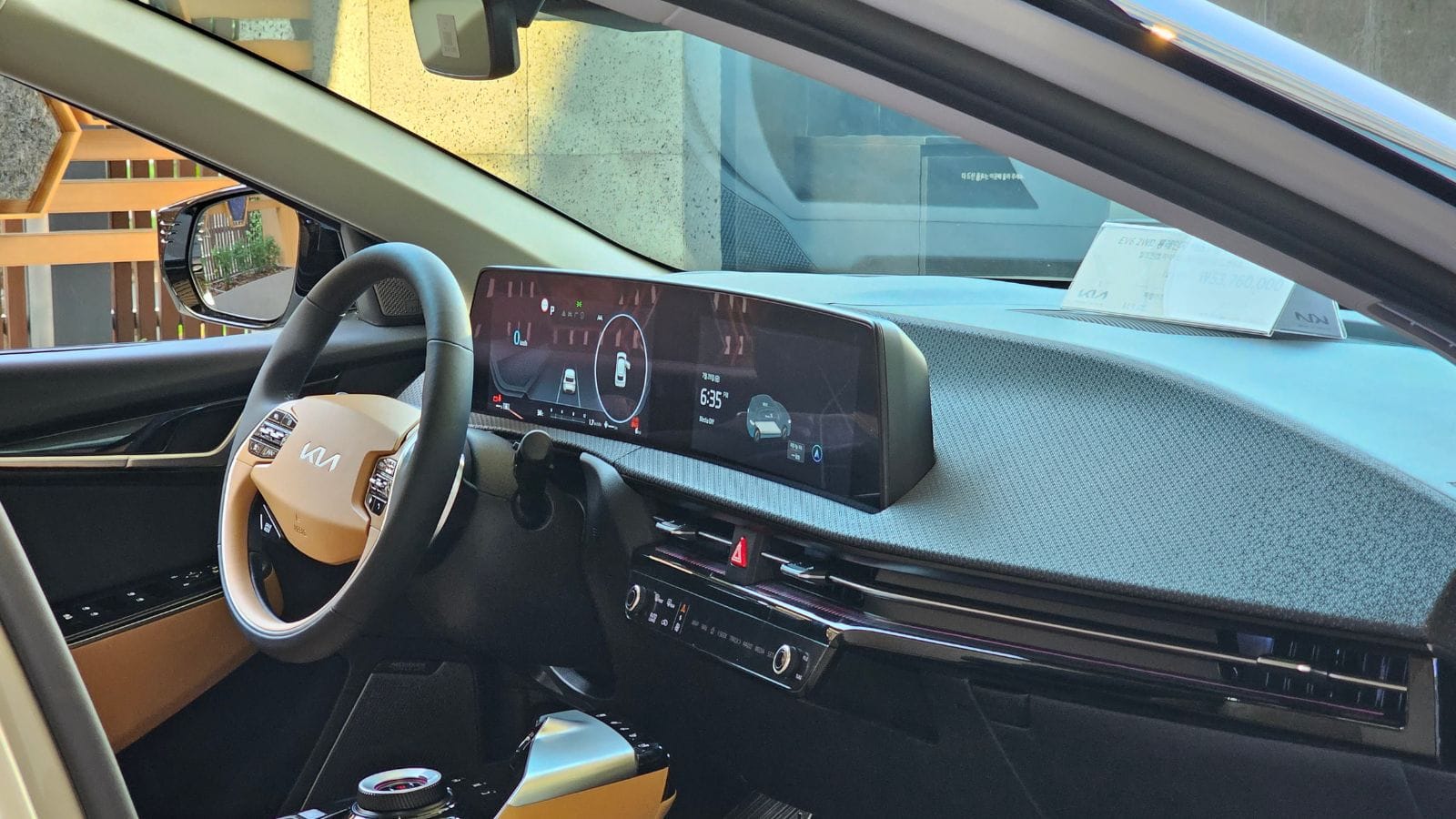
Digital clusters in models like the Kia EV6 look slick but can throw glare onto the windshield during bright days or cause eye strain at night. Analog gauges never had that problem and remained legible in any light.
Needlessly Aggressive Driver Alerts
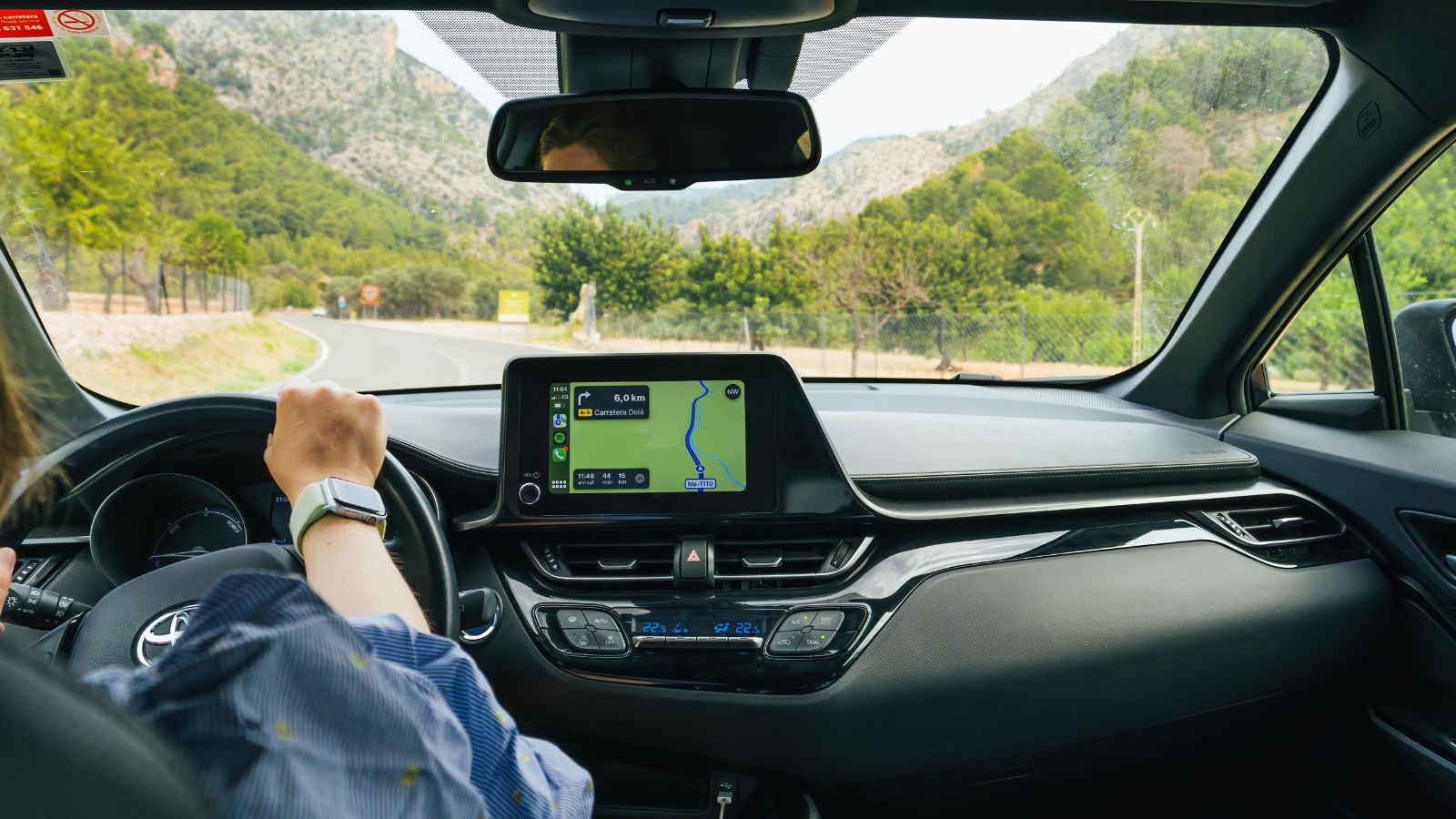
Some Subarus flash coffee cup icons after an hour of driving, suggesting you take a break. Ford’s lane departure warnings can feel like a lecture. While safety is important, overbearing alerts can make you feel like you are being babysat.
Overcomplicated Climate Control
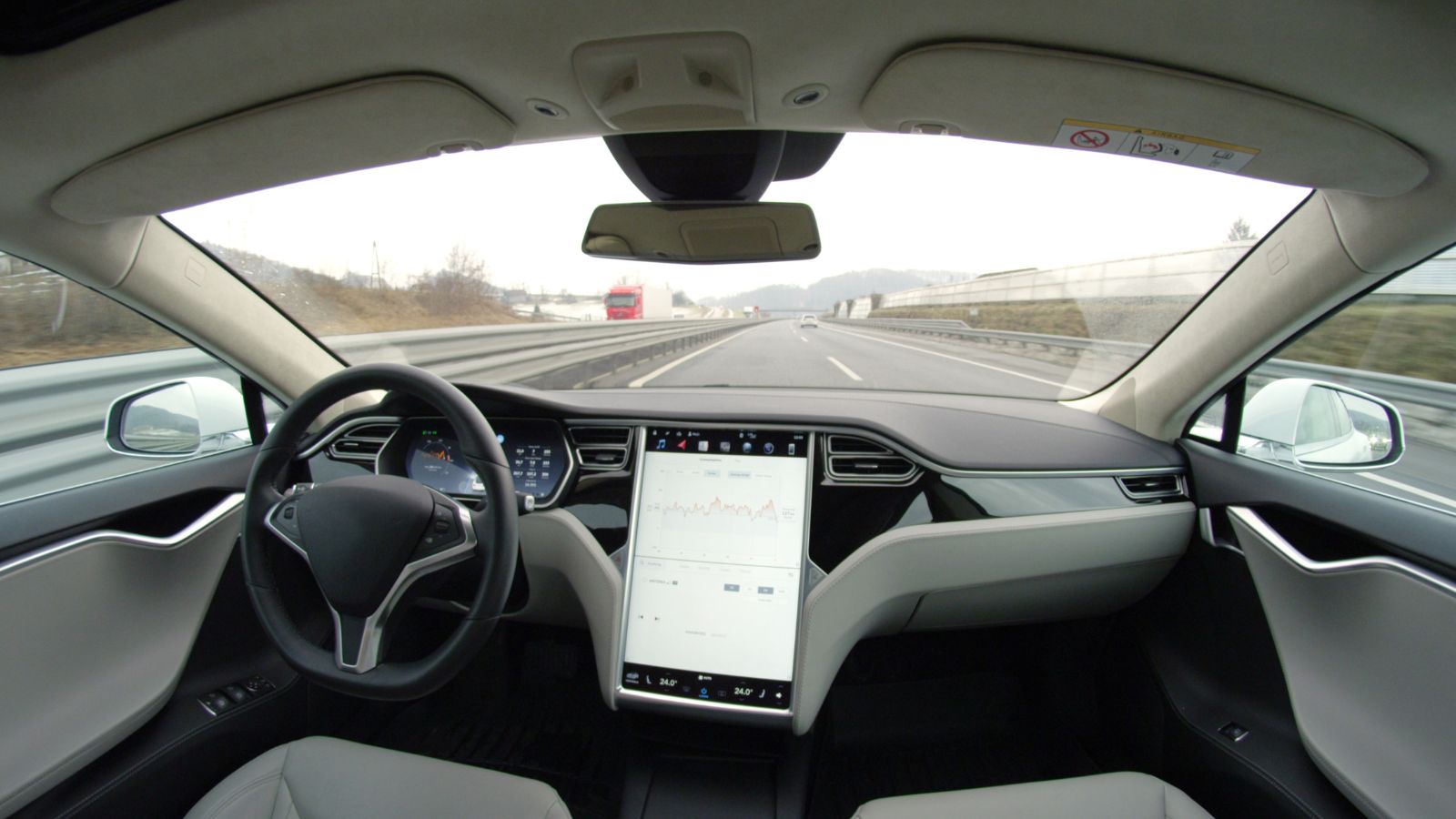
Tesla famously removed most physical climate controls, forcing you to use its massive screen to adjust airflow. Even many mainstream brands are now doing the same. Compare that to a simple slider in a 1990 Mazda and you start missing the old-school approach.
Gimmicky Ambient Lighting
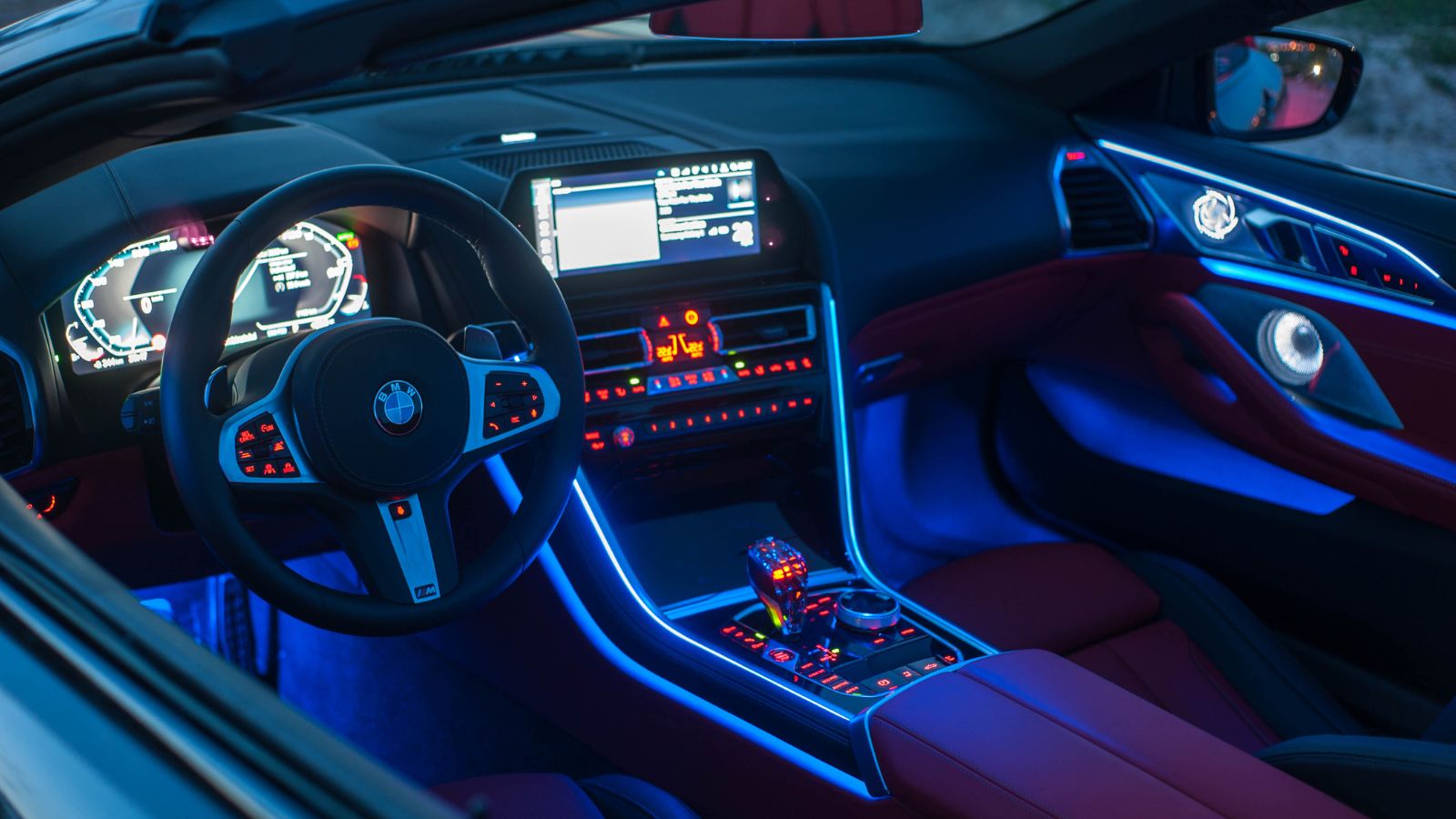
Mercedes-Benz and BMW have turned ambient lighting into a selling point, with dozens of colour choices. It is fun for the first week, but after that, most owners settle on one colour and forget about it.
Fragile Alloy Wheels
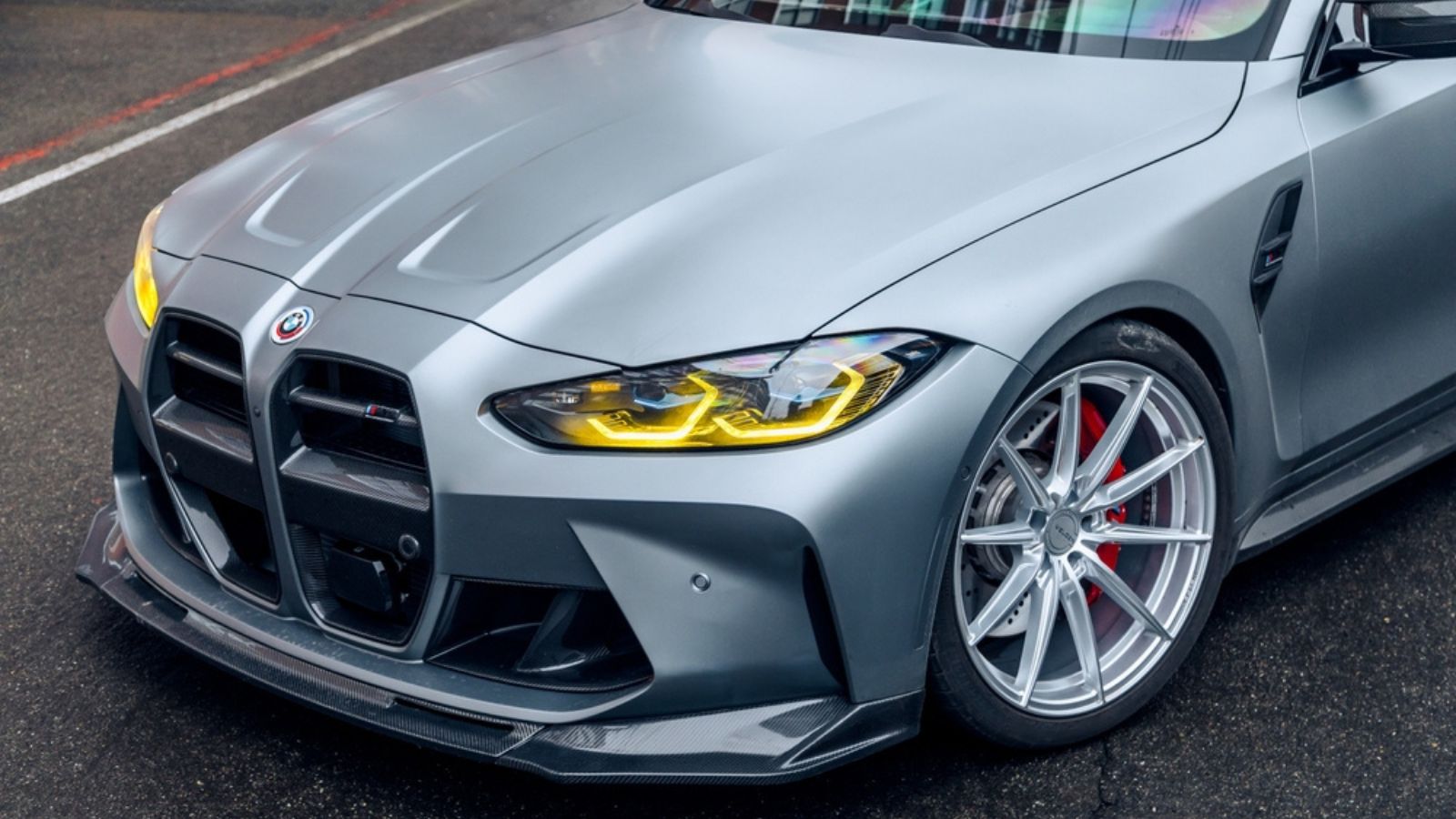
Low-profile tires wrapped around big alloy rims look sharp on cars like the BMW 3 Series, but a single pothole can bend or crack them. Replacements can run into four figures, whereas old steel wheels could take a lifetime of abuse.
Cheap-Looking Fake Wood or Carbon Fibre Trim
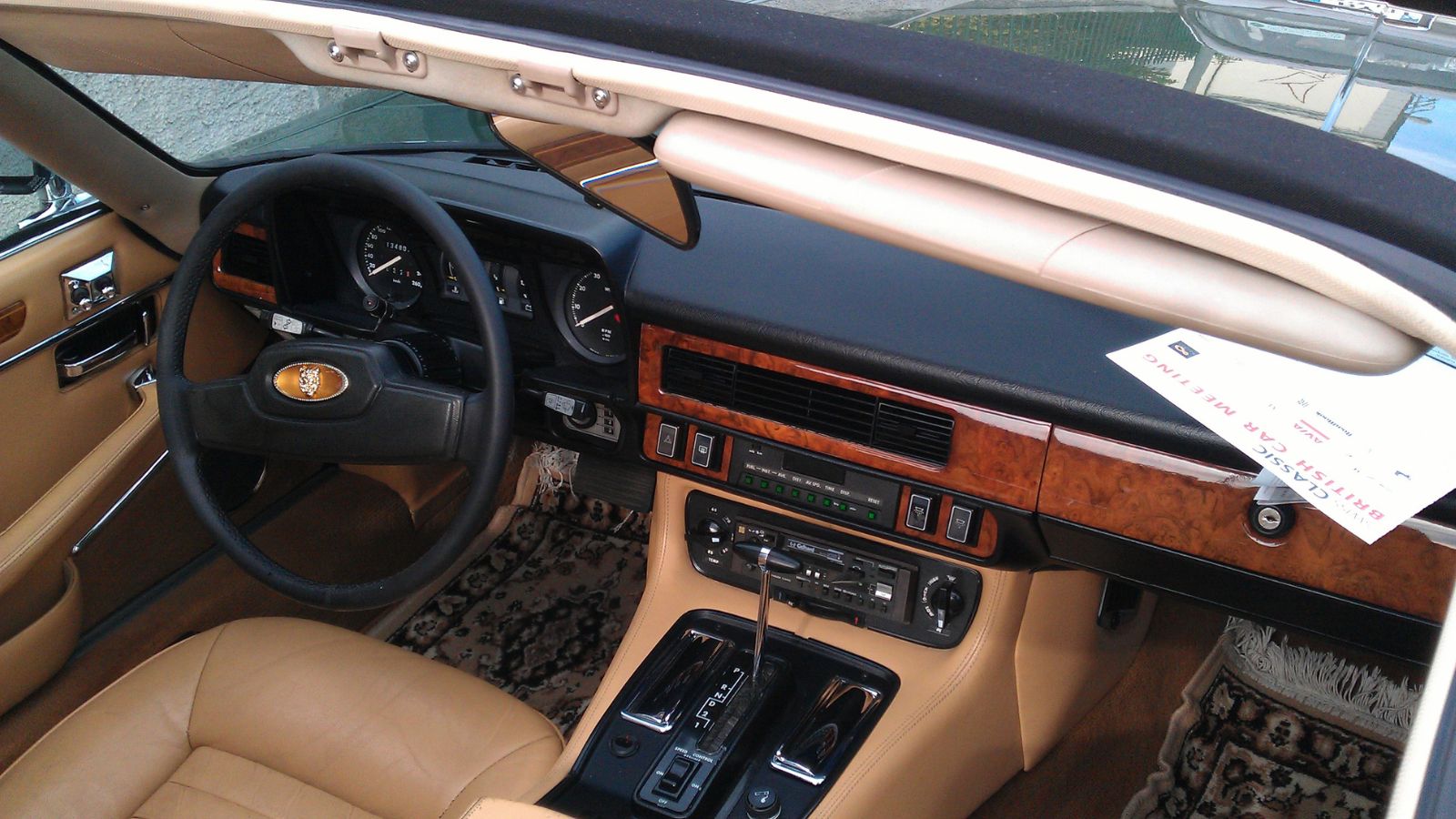
Some modern luxury sedans use printed plastic that imitates exotic materials but feels hollow and fake to the touch. The real thing, like the walnut veneer in a 1980s Jaguar XJ, had warmth and authenticity.
Massive A-Pillars Blocking Visibility
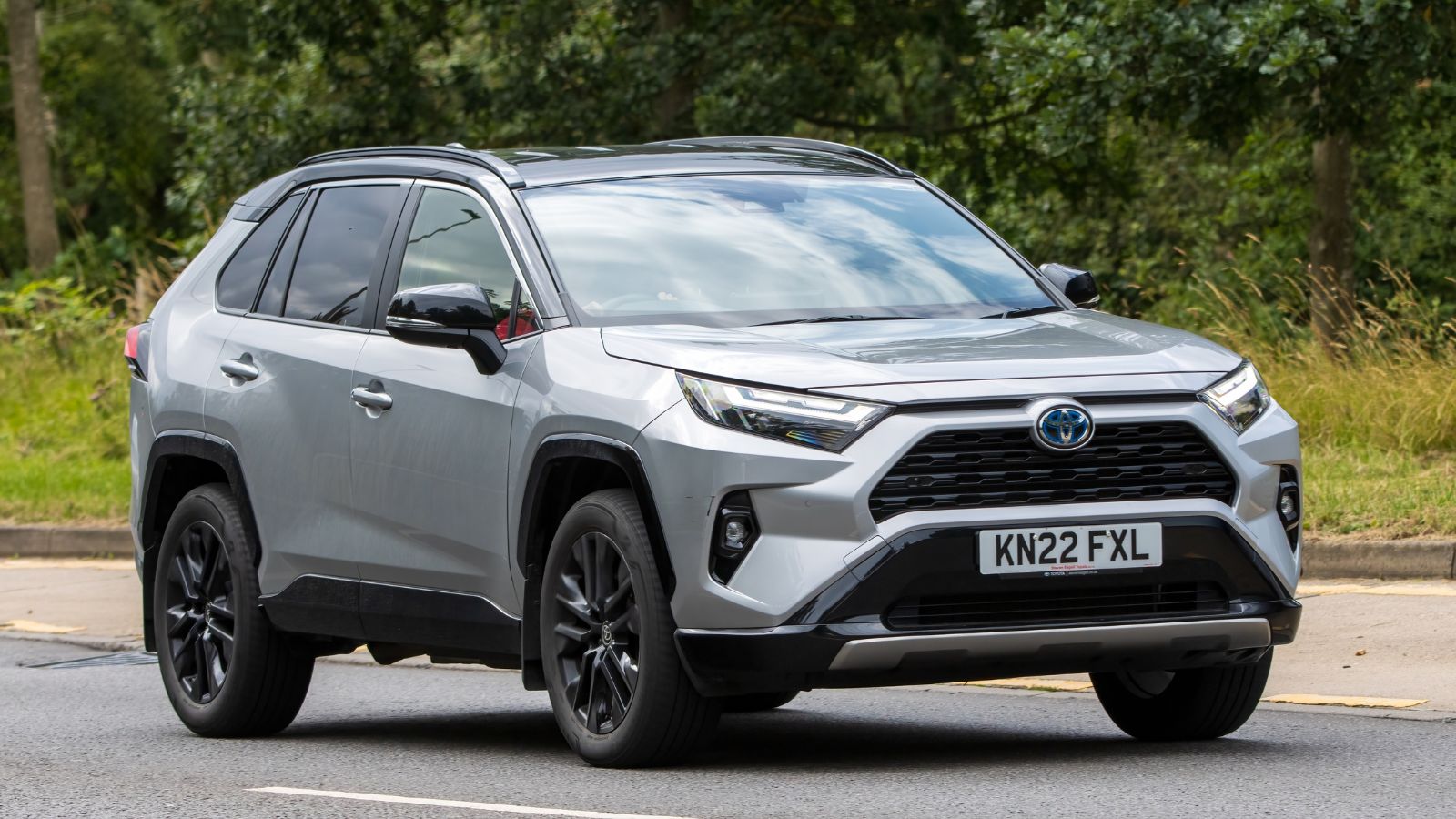
To meet modern crash safety regulations, cars like the Toyota RAV4 have thick A-pillars that create blind spots. In older models with thinner structures, you had a much clearer view at intersections, but far less crash protection.
25 Facts About Car Loans That Most Drivers Don’t Realize

Car loans are one of the most common ways people fund car purchases. Like any other kind of loan, car loans can have certain features that can be regarded as an advantage or a disadvantage to the borrower. Understanding all essential facts about car loans and how they work to ensure that you get the best deal for your financial situation is essential. Here are 25 shocking facts about car loans that most drivers don’t realize:
25 Facts About Car Loans That Most Drivers Don’t Realize
